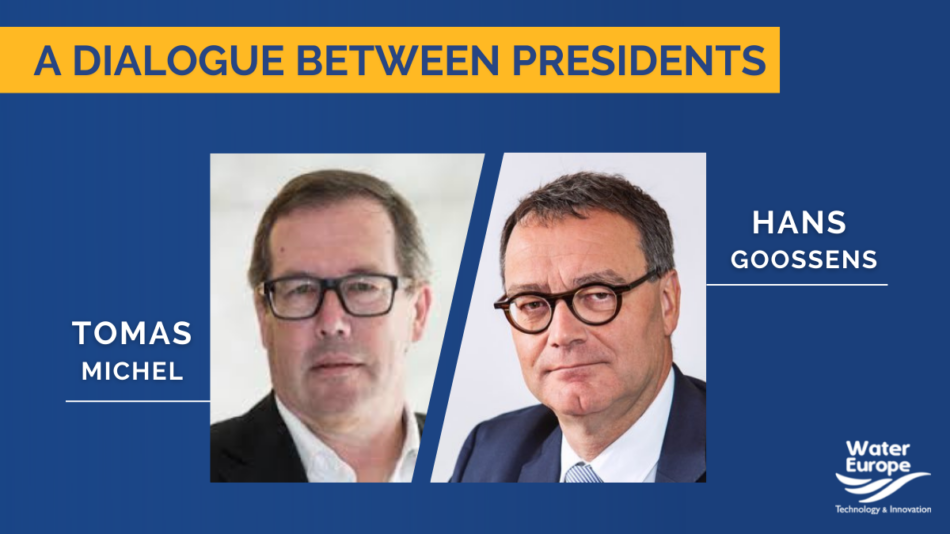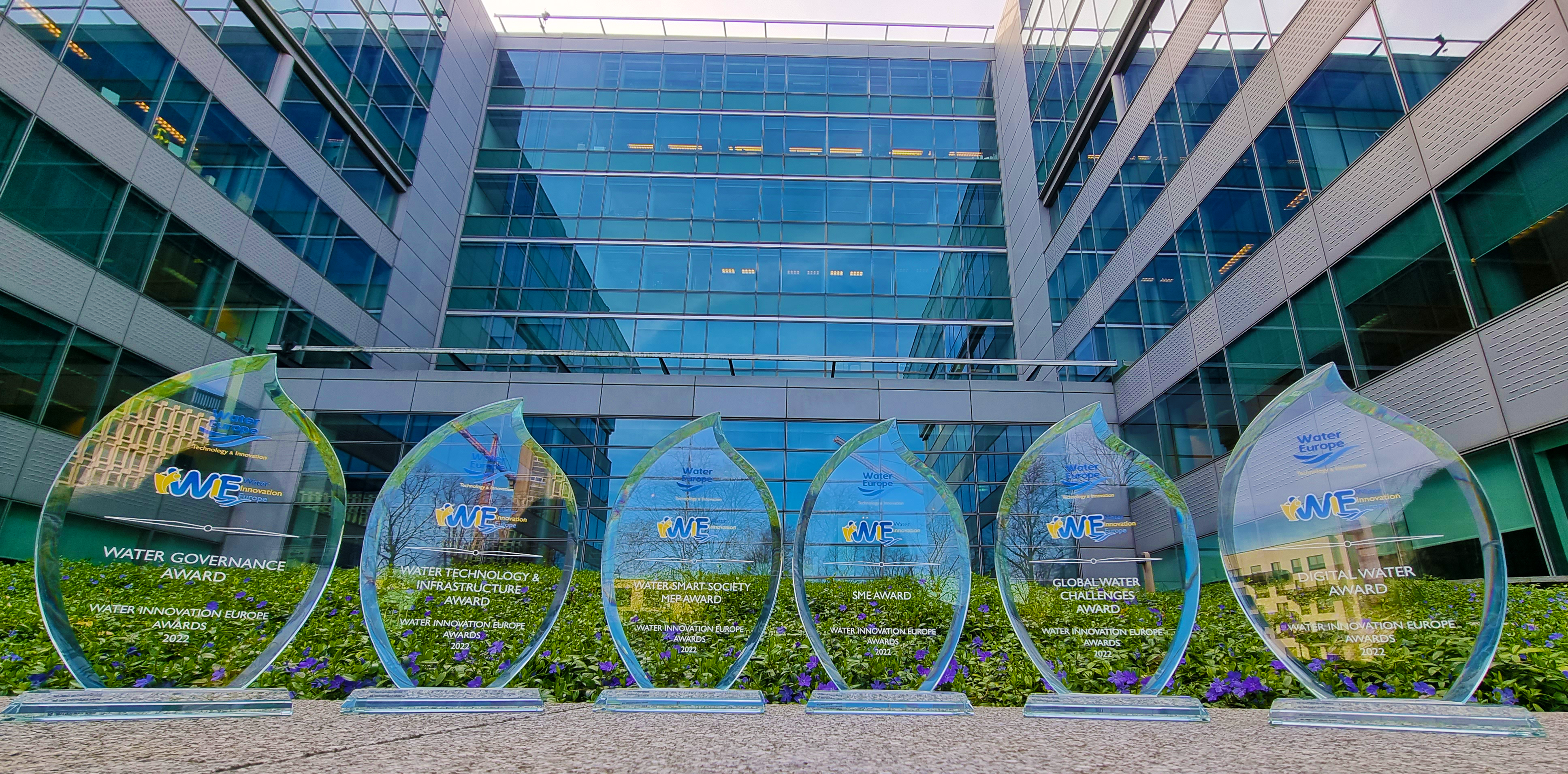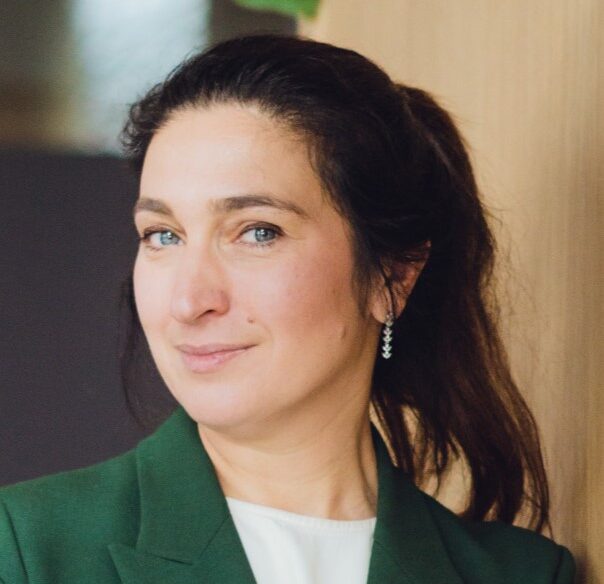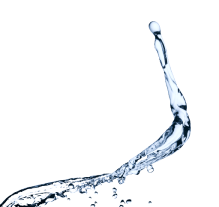A journey through Water Europe’s past, present and future
After 10 years of service as WE president, Tomas Michel will pass the torch to Hans Goossens, the incoming WE president during our Water Innovation Europe 2022 Dinner Ceremony. In this newsletter’s edition, we feature a special dialogue between them.
Can you describe us Water Europe when you first became a president and what drew you to this position, then?
Tomas Michel: Ten years ago, Water Europe, WssTP then, was with only 50-60 members, much smaller, known, and representative than today. Membership consisted largely of college A and B members, and our finances were heavily dependent on large fee contributions by Suez and Veolia. These two companies have been always fierce competitors. I have thus always proudly acknowledged being considered by both a consensus candidate. Possibly my R&D Management abilities at Suez, industrial and market vision, level of engagement and commitment, had also something to do with their decision.
Can you tell which elements of WE you find most interesting now and what drew you to submit your candidacy for becoming a WE president?
Hans Goossens: First of all, the vision of Water Europe is very appealing to me: a Water-Smart Society, where the value of water is truly appreciated. With up to 90% of the global economy and 75% of the jobs depending on water, this vision acts for me as guide to societal, economical and environmental development, to build a better future. Besides a clear vision, Water Europe fosters strong values, as connection, leadership and result-orientation. This nourishes for our members a culture of collaborative, innovative and influential spirit. Based on these values, Water Europe has developed 3 clear programmes in order to facilitate our members in realising our vision by advocacy, collaboration and research results and innovative solutions. The relevance of our vision has grown throughout the years, and so has our organisation and its capacity. I am convinced about the unique strength of our organisation, as we work with all four major actors in the innovation system: science, policy, industry, and society. The DNA of Water Europe has over the years become a true quadruple helix. Having elements of these 4 actors in my own personal background and adhering very strong to the values of Water Europe, I am very attracted by servicing our members to facilitate them in realising our common vision of a Water-Smart Society.
What do you consider as the most important successes of WE over these years?
Tomas Michel: From day one I made it a priority to make WE more representative, for WE to provide true and valuable “service to members”, and to achieve, eventually, financial sustainability. These operational goals have been fully accomplished. But more important, in this process, WE has matured, grown significantly, and positioned itself today as the most significant representative of the full value chain of the water sector in Europe. The two most important successes for me have been: A strong, diverse, and fully representative organization standing on its own feet with a clear roadmap for the future, on the one hand, and the outstanding success WE members, and WE itself have earned promoting, proposing, and executing European water research of excellence, on the other.
How are you planning to build on these elements throughout your presidency?
Hans Goossens: To understand our members’ needs better, we’ve gone in autumn 2021 through a very insightful membership journey exercise in co-operation with Capgemini. The study gave us a much clearer view on all our members’ needs and identified for Water Europe clear levers of performance. To improve WE’s membership experience, we have identified 4 key pillars. The first is a user centric website, where we have been working on and that is going to be continuously improved based on member’s feedback. The second is a membership management platform, that we launched just recently. The 3rd is the further development of professional digital platforms, in order to improve the efficiency and experience of our virtual or hybrid events. And last but not least, a number of quick wins and small optimizers have been identified. Throughout my presidency, I want continuously work on the membership experience. In order to bring this every time at a new level, we need to deliver on our 3 key service areas: our advocacy programme, our collaboration programme and our market programme.
Can you tell us to what extent your vision for WE has been accomplished?
Tomas Michel: My vision for WE has been largely, but not totally, accomplished. Having innovation at its core, a strong organization capable to influence agendas, and the successful funding and execution of research are paramount. Yet, both accomplished, none can really shine if we are not able to translate this huge effort into market uptake and implementation. Reasonably, the platform and R&D have to come first, before all those efforts can provide a return on investment in the form of marketable products and solutions, as well as, best practices. I would have liked to see WE advance and show such results much quicker, in these ten years. This only comes to show how enormously difficult innovation really is. I am confident that we have a clear roadmap and that WE will succeed sooner than later.
Can you tell us what is your vision for WE throughout your presidency?
Hans Goossens: In my view, we can still strengthen the impact of our programmes by further developing the functioning of our Vision Leadership teams. They shall be our main instruments to test successful results of research and shall accelerate the process of bringing successful innovations to the market in Europe and beyond. I want Water Europe to further develop Water Oriented Living Labs and be the reference in Europe and beyond on how to set-up and run demo-type and platform-type environments with a cross-sector nexus approach, with the involvement and commitment of multi-stakeholders. I would like Water Europe to be specifically successful in integrating in these Water Oriented Living Labs new business and governance models, and innovative policies. It implies that we need to always find the good balance between science, industry, society and policy.
How do you envision your new role as Past-President in the WE board?
Tomas Michel: Ten years is a long time, which allows to gain ample experience and also a certain perspective. I hope I can offer some of that, whenever requested, to the WE Board. I have been nevertheless always very proactive, and I do not feel yet like “full retirement”. Thus, beyond offering counsel when needed, I have proposed the new Presidency and the ExCom to engage in parts of the new outreach program WE is defining after the Cap Gemini survey. More outreach and visibility are key to more innovation. I believe this way I will still be able to contribute to some of those mentioned outstanding goals ahead of us.
Which are your priorities for the first period of your presidency?
Hans Goossens: The first priority is setting up the new ExCom team. I will propose to the new board to decide for 5 vice-president roles, in accordance with our articles of association and our programme structure, i.e. First VP, VP Treasury, VP Advocacy, VP Collaboration and VP Implementation. For the composition of the team, I will pay particular attention to the complementarity and the diversity of the members. These are very important to have a strong and inspirational team; creativity is often generated by confrontation of different ideas. And I am not only talking about gender diversity, but as well about college representation, cultural background, geographical region etc.
In 2 lines, what do Water Europe and the ‘Water-Smart Society’ vision mean for you?
Tomas Michel: The Water-Smart Society, invites us and our diverse industrial, technological, business, leisure, cultural, and social activities to fully recognize and live up to, the meaning of the “True Value of Water”.
Hans Goossens: It means joining forces with all stakeholders to ensure a better future for the generations to come. Water is life, sanitation is dignity – don’t we like to grant this to all people?
